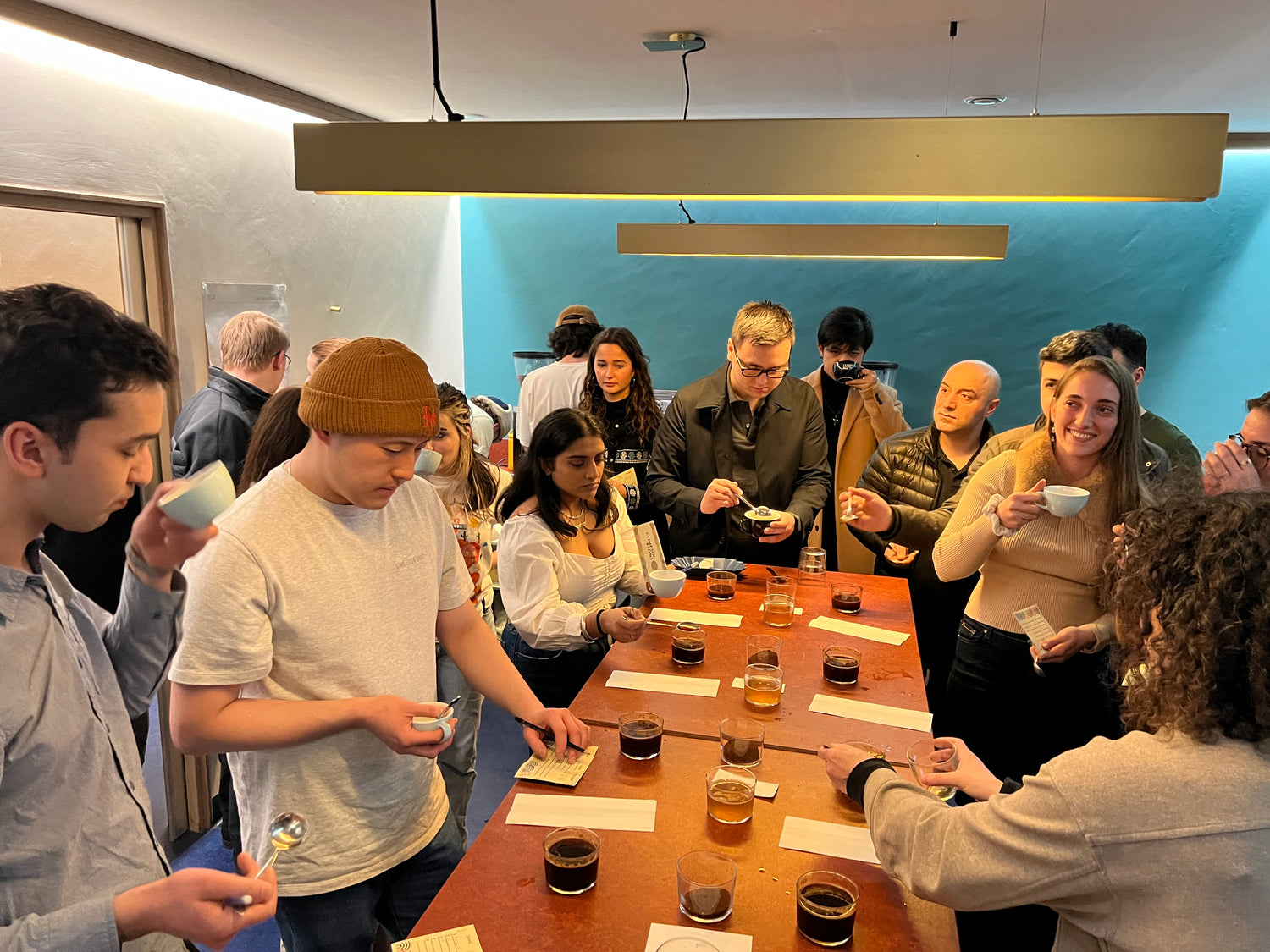SUSTAINABILITY
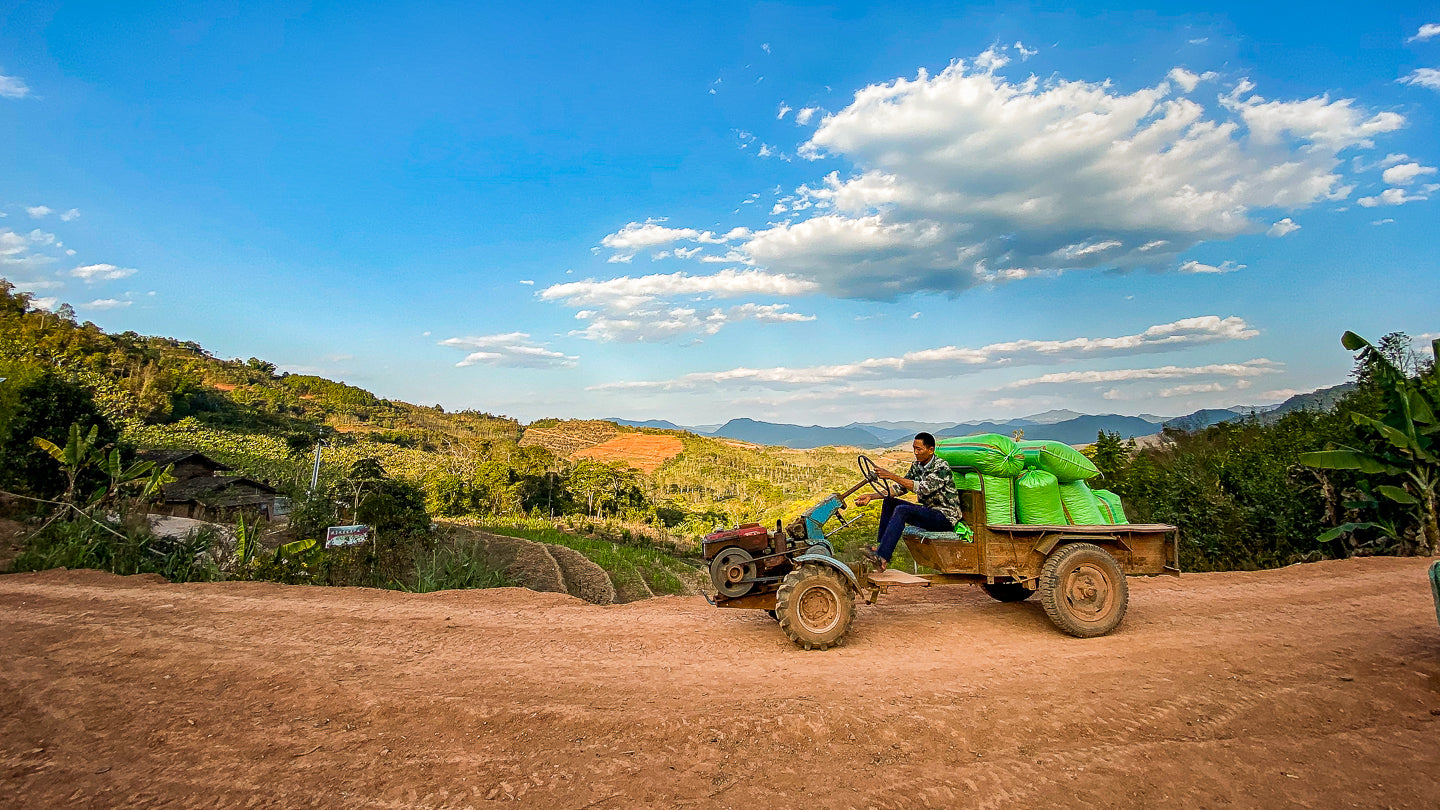
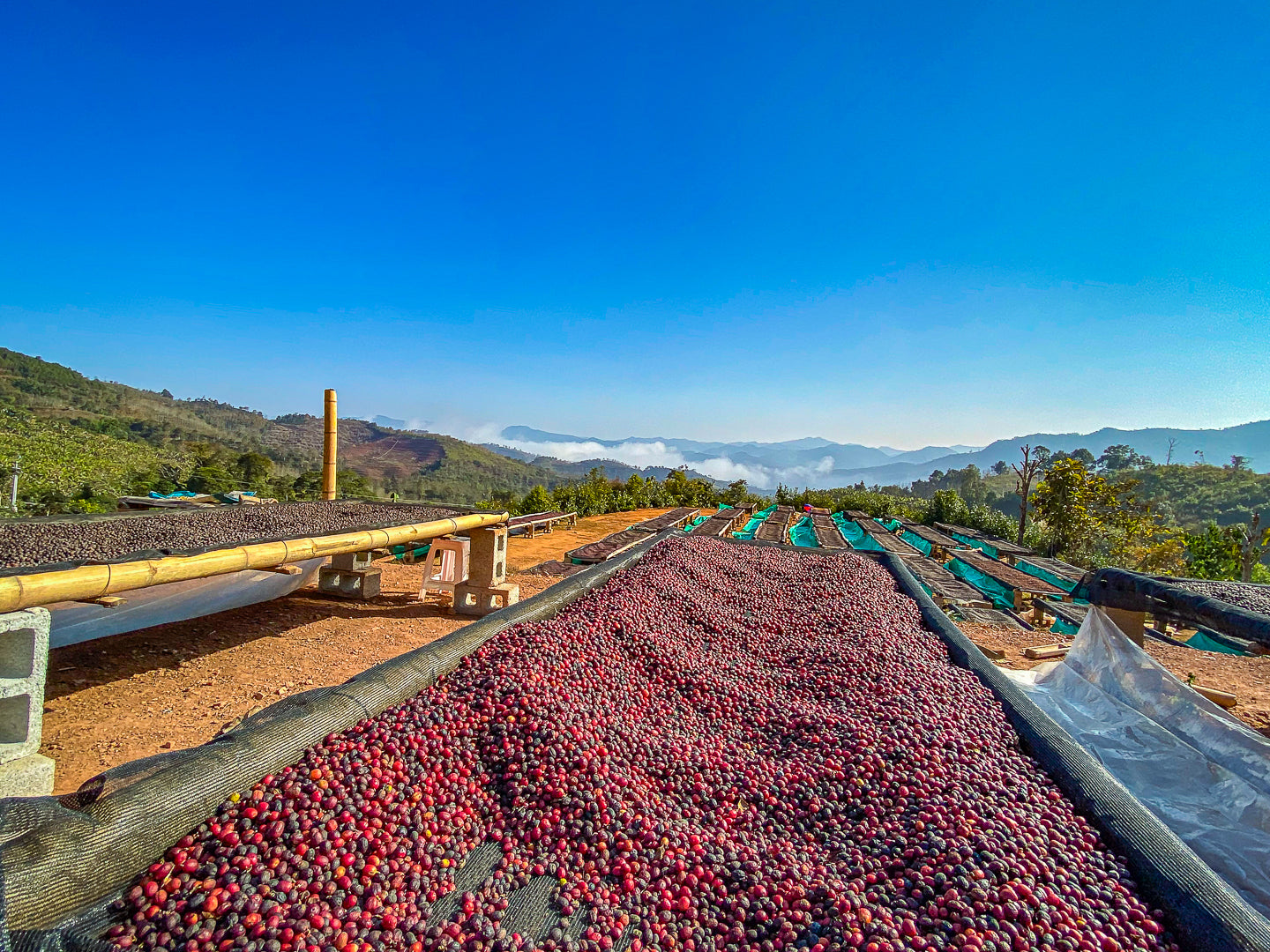
The importance of repeat purchasing
Over 90% of our coffees are from repeat purchases. Our average partnership length with our producers overall is 5 years, with our long-time friends Daterra at 13 years and counting! Here's why this is key to our mission for coffee excellence.
Click here to learn more.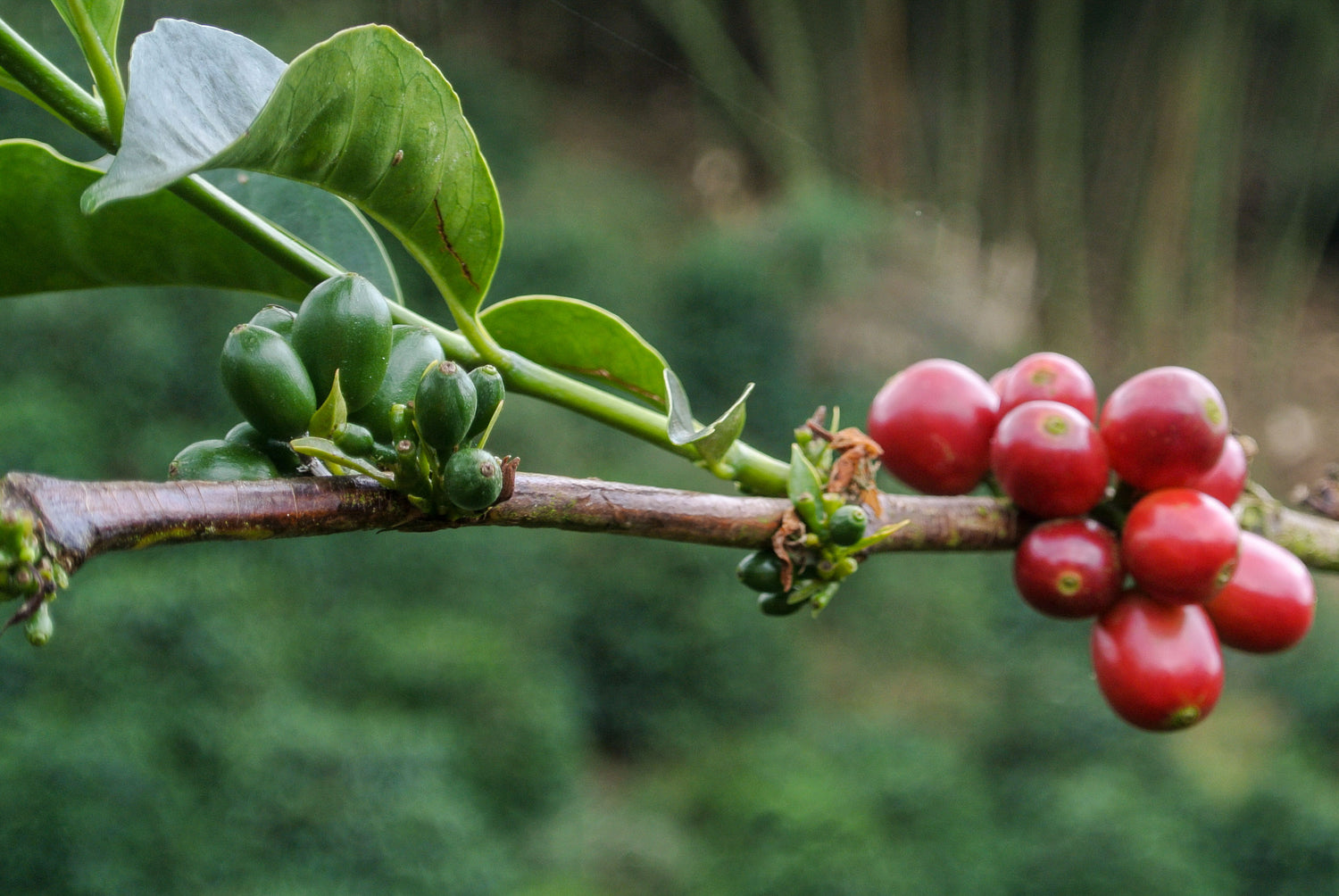
Traceable coffee
Over the past 20 years (and counting!) our sourcing process has become more precise as specialty coffee has moved beyond just country and regional labels to specific farms, producers and cooperatives.
With this improved traceability we have forged lasting friendships with some of the industry’s leading producers, to the point where much of our menu is now a familiar cast of returning farm names and faces.
Click here to learn more.
Carbon conscious coffee
Daterra is carbon-negative and above the global average on carbon-efficient coffee production - currently, Daterra captures over 1.2 million tons of C02 equivalent, a much larger amount than it emits.
Their goal is to make coffee innovations with sustainability at the forefront of this, from coffee production and the environment, to packaging and carbon foot printing.
Click here to learn more.
Beyond the Label
What Being a B Corp Really Means
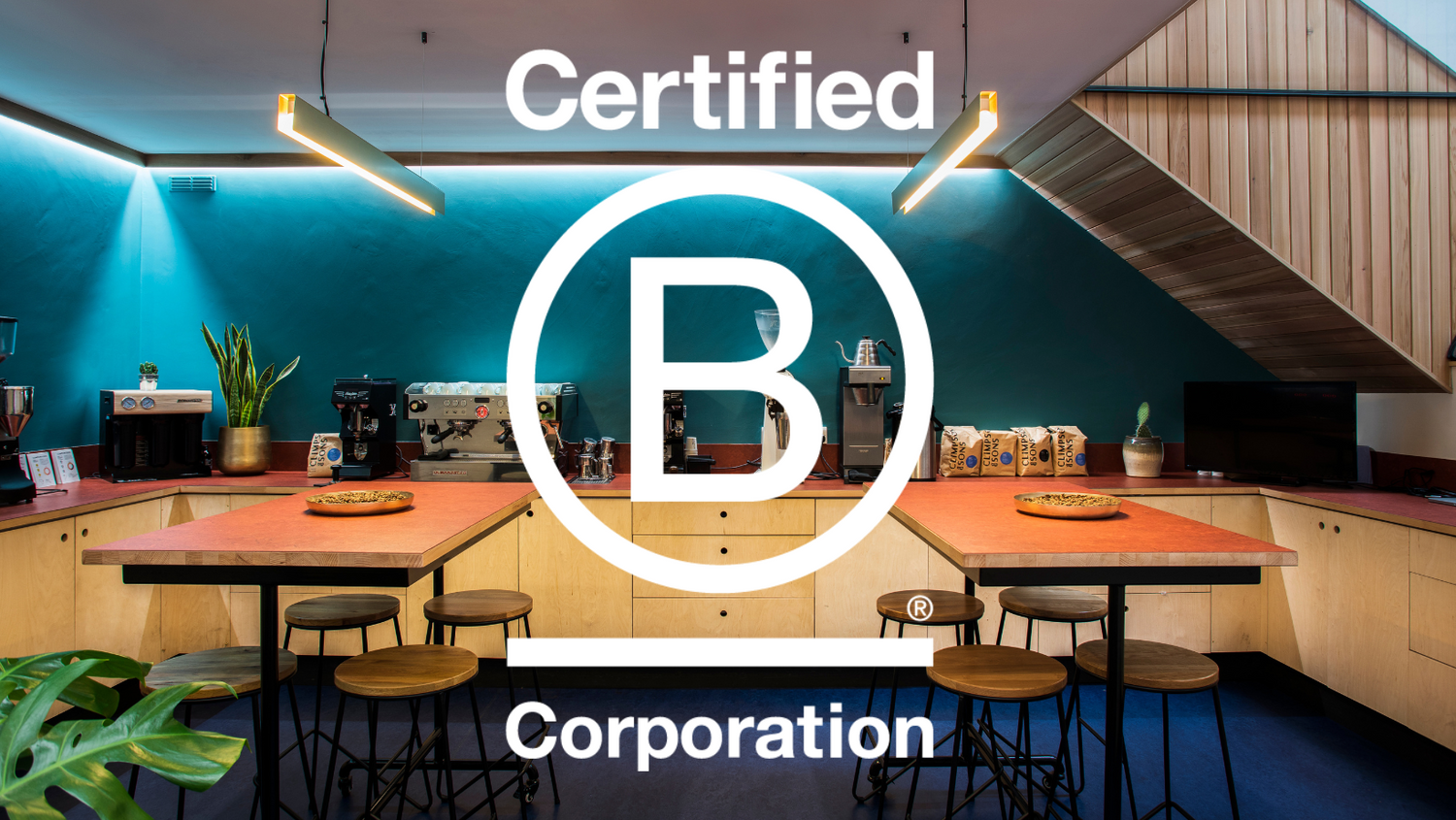
We are B Corp Certified
We couldn't be happier to announce that Climpson & Sons is now officially B Corp certified. Achieving a score of 110.4 in our ‘B Impact Assessment’, we far exceeded the minimum score of 80 required to certify, and sit well above the global average of 50.9. Whilst Bcorp isn't the be-all and end-all when it comes to sustainability, it has meant we can really shine a light at the internal workings of our business and see where we can measure our impact and look at ways to improve. Everything from our onboarding and hiring process, to deep diving into our supply chain and measuring our carbon emissions. Click here to learn more.

Behind The Label
Working towards a B Corp application is a thorough and eye-opening process, designed to make you question the ways you do business and make improvements so as to have the greatest positive impact for both people and planet. We’ve certainly learnt a lot along the way. Click here to read more. Click here to learn more.
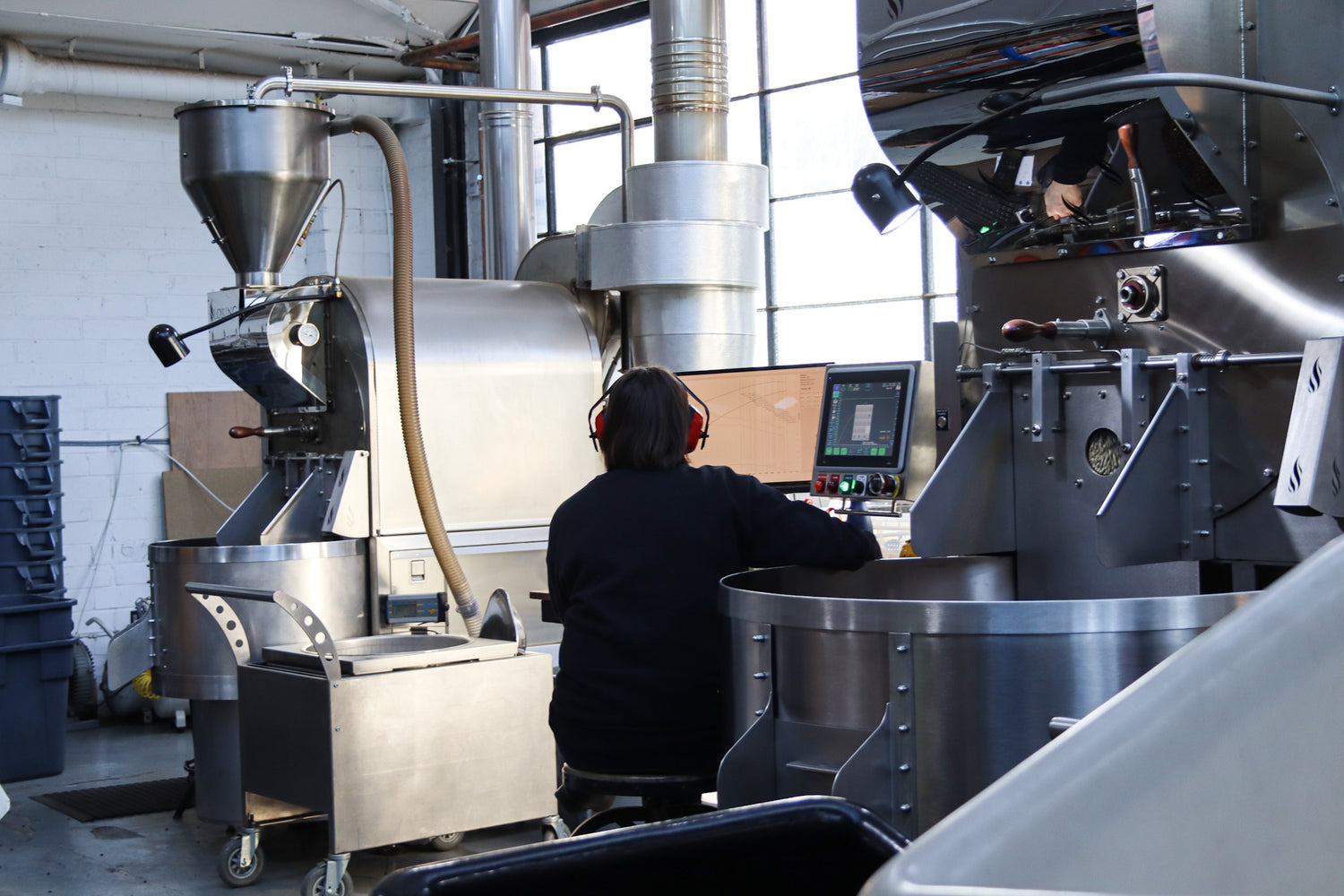
The Real Time Coffee Emissions Project
In 2022 we began the innovative mission to track our company's carbon emissions, in real time. While many B Corp’s choose to collect this information as an annual audit, inputting this single data set for a B Corp application, we decided to use the B Corp application process as an opportunity to implement a real time emissions tracking programme, allowing us to see live data from Climpsons three key locations - our Leyton roastery, Broadway Market cafe and HQ and training academy in London Fields. Read our journal by clicking here. Click here to learn more.






